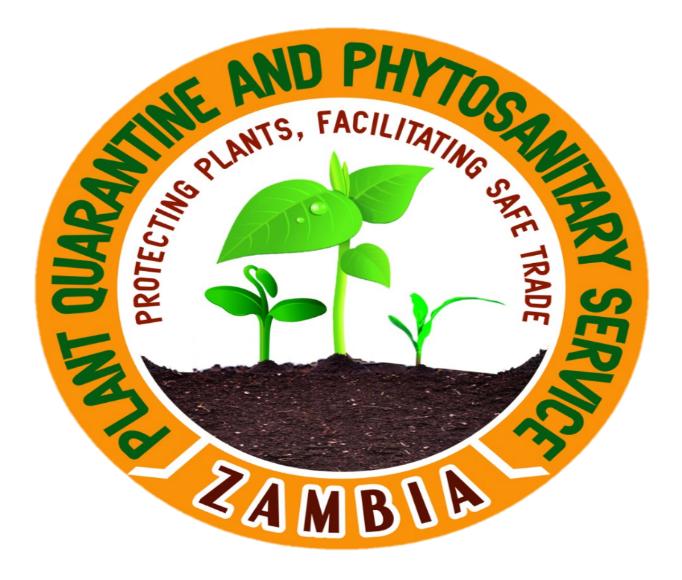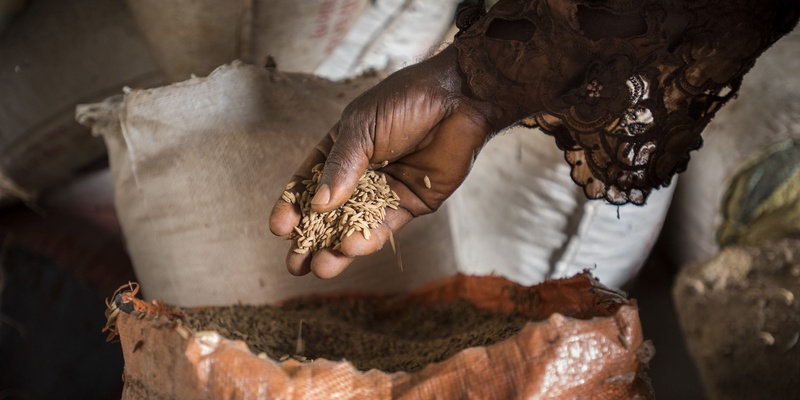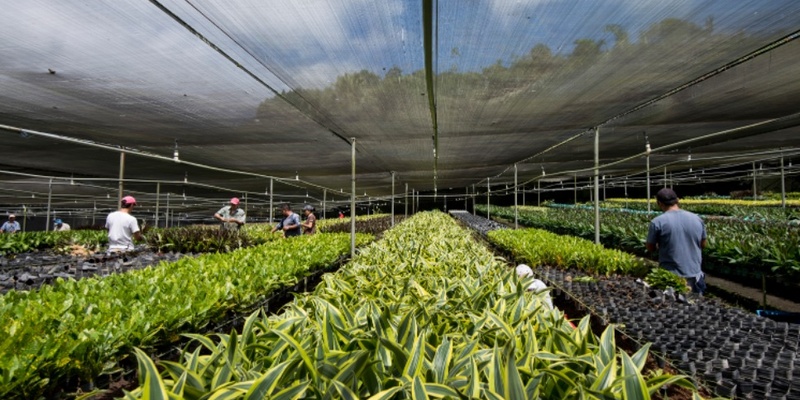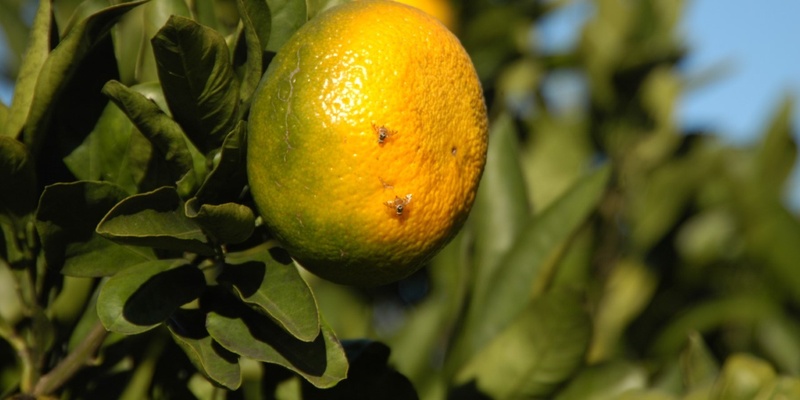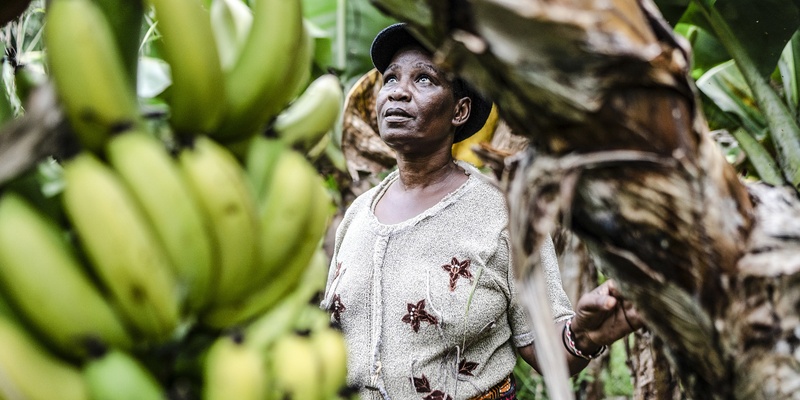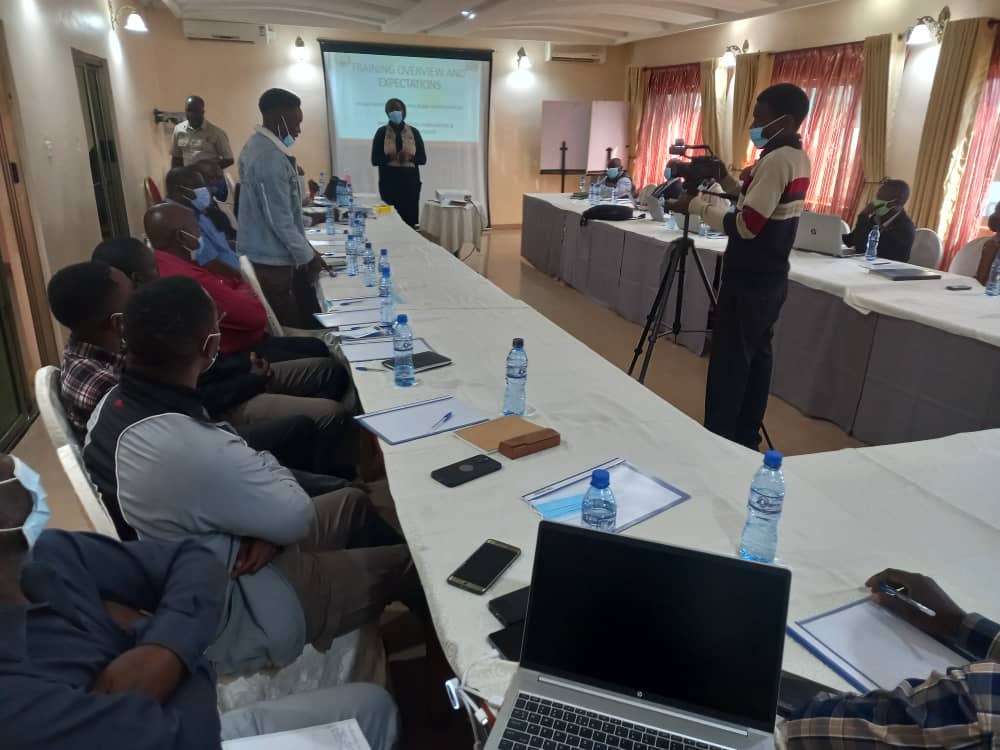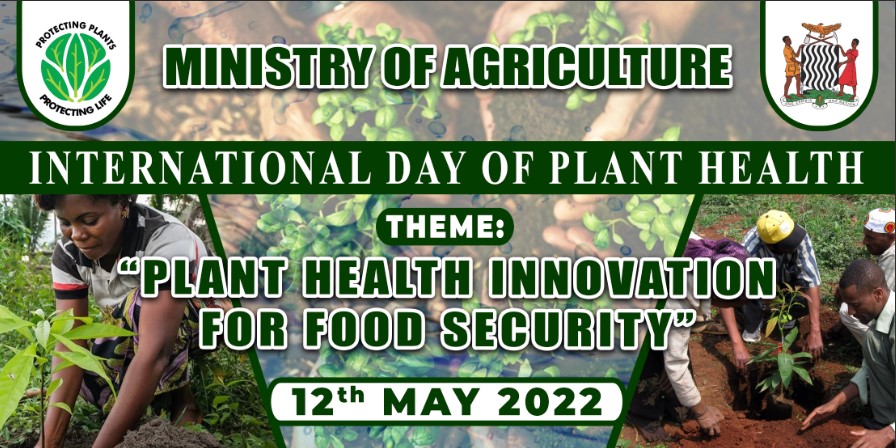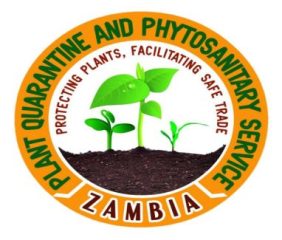The Standards Committee advances two ISPMs and elects a new Chairperson
© FAO/Sebastian Liste Posted on Thu, 26 May 2022, 14:17 Rome, 13 May 2022. The Standards Committee (SC) of the International Plant Protection Convention (IPPC) approved two draft ISPMs and one draft specification for the consultation period. The virtual meeting was held on 9-11 and 13 May 2022, where the SC also elected a new Chairperson. The SC submitted the following draft specification to the IPPC contracting parties for country consultation: -Revision of ISPM 26 (Establishment of pest free areas for fruit flies (Tephritidae)) (2021-010); and the following draft ISPMs for the first consultation: -Draft Annex Criteria for determining host status of fruit to fruit flies based on available information (2018-011) to ISPM 37 (Determination of host status of fruit to fruit flies (Tephritidae)); -Draft 2022 Amendments to ISPM 5 (Glossary of phytosanitary terms) (1994-001). Given the challenges faced using a virtual medium to develop the draft Annex *Design and use of systems approaches for phytosanitary certification of seeds (2018-009) to** ISPM 38 (International movement of seeds), the SC formed a working group to focus on this draft standard separately. This group will present a more elaborated version of this draft annex for further discussion at the SC meeting in November 2022. The SC also updated the List of Topics for IPPC Standards, where it assigned new stewards for the Technical Panel on Commodity Standards (Samuel Bishop, United Kingdom) and the Technical Panel for the Glossary (TPG) (Alvaro Sepulveda Luque, Chile). Furthermore, the SC reviewed the outcomes of the 16th Session of the Commission on Phytosanitary Measures (CPM-16), where they invited the TPG to consider the term “emerging pest” for inclusion in ISPM 5, as suggested by the Pest Outbreak Alert and Response Systems Focus Group (FG) for this definition. The SC selected Sophie Peterson (Australia) as the SC representative for the recently established CPM FG on the Safe Provision of Food and Humanitarian Aid. The Committee also discussed updates from the Secretariat’s units, among other updates, and the next steps on the IPPC Strategic Framework 2020-2030. The newly selected Chairperson, Ms Peterson, thanked the acting SC Chair, Ezequiel Ferro (Argentina), for his excellent service. In addition, Ms Peterson said that “Mr Ezequiel Ferro has been an exceptional leader of the SC for two terms. Working with him has been a pleasure and learning experience. I am grateful to the SC members for their support and confidence in me, and I look forward to progressing the committee’s work program with my SC colleagues and the IPPC Secretariat”. Mr Ferro also extended his best wishes to the new SC Chairperson and stressed the necessity for the SC to work collaboratively and comprehensively to produce effective and long-lasting results in the IPPC Standard Setting Process. “It has been an honor to be a member of the Standards Committee all these years as well as to serve as its Chairman. It is one of the greatest privileges that I have had to take on in my work and professional activity. I want to express my sincere gratitude to the excellent colleagues with whom I have worked at the SC, as well as to all the staff of the IPPC Secretariat. Finally, I wish Sophie Peterson, the new SC Chair, all the best”, said Mr Ferro. The SC welcomed their new member, Matías Gonzalez Buttera (Argentina), who will start his term after the SC-7 2022 virtual meeting. The Call for nominations for the CPM FG on Safe Provision of Food and Other Humanitarian Aid has been launched. Please visit the “Calls for nominations for CPM Focus Groups” web page for more information: https://www.ippc.int/core-activities/governance/cpm/cpm-focus-group-reports/calls-for-nominations-for-cpm-focus-groups/. The next SC virtual focused meeting is tentatively scheduled for 13-14 July 2022. The meeting report will be available on the IPPC SC web page: https://www.ippc.int/core-activities/standards-setting/standards-committee/.
